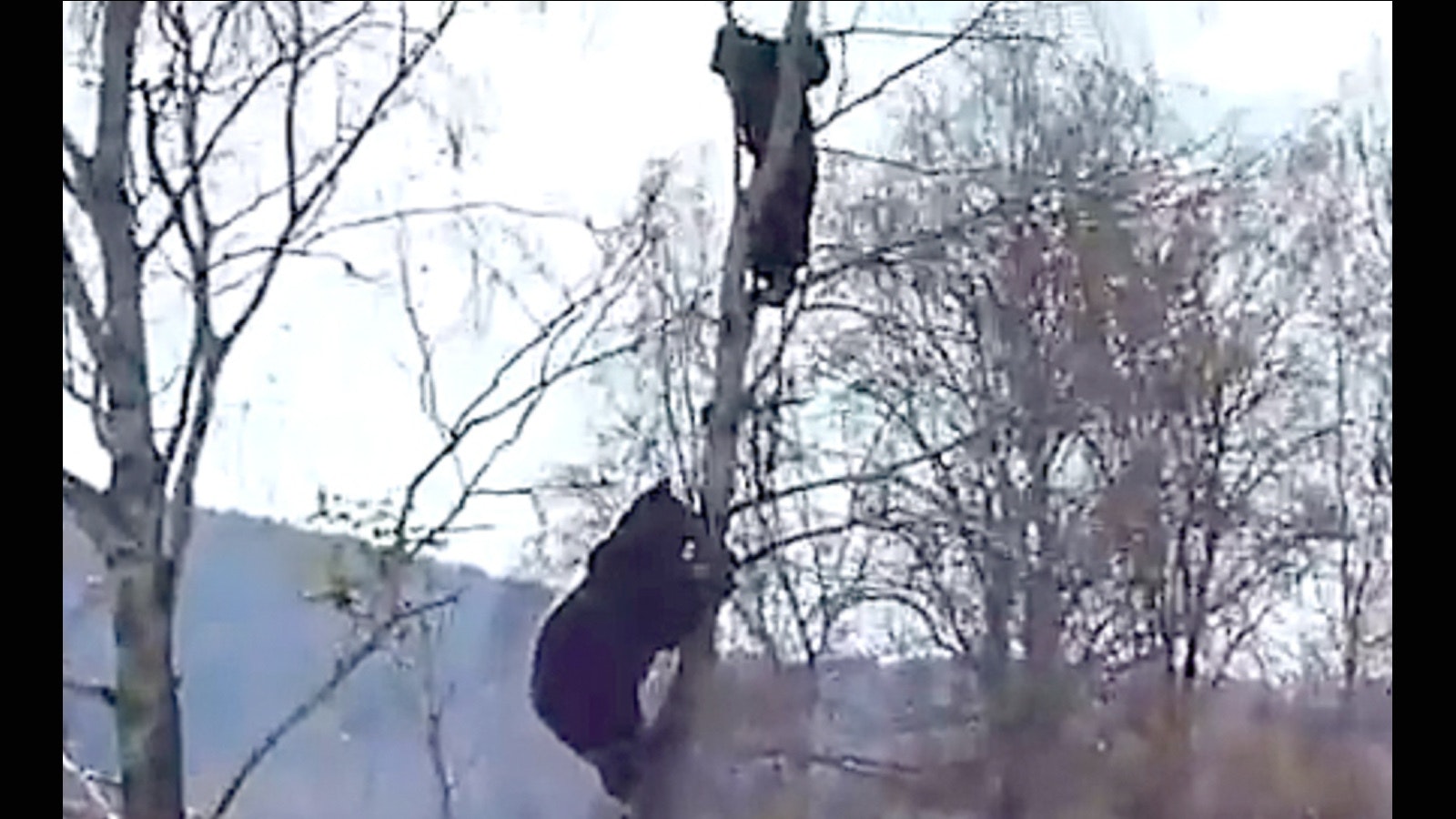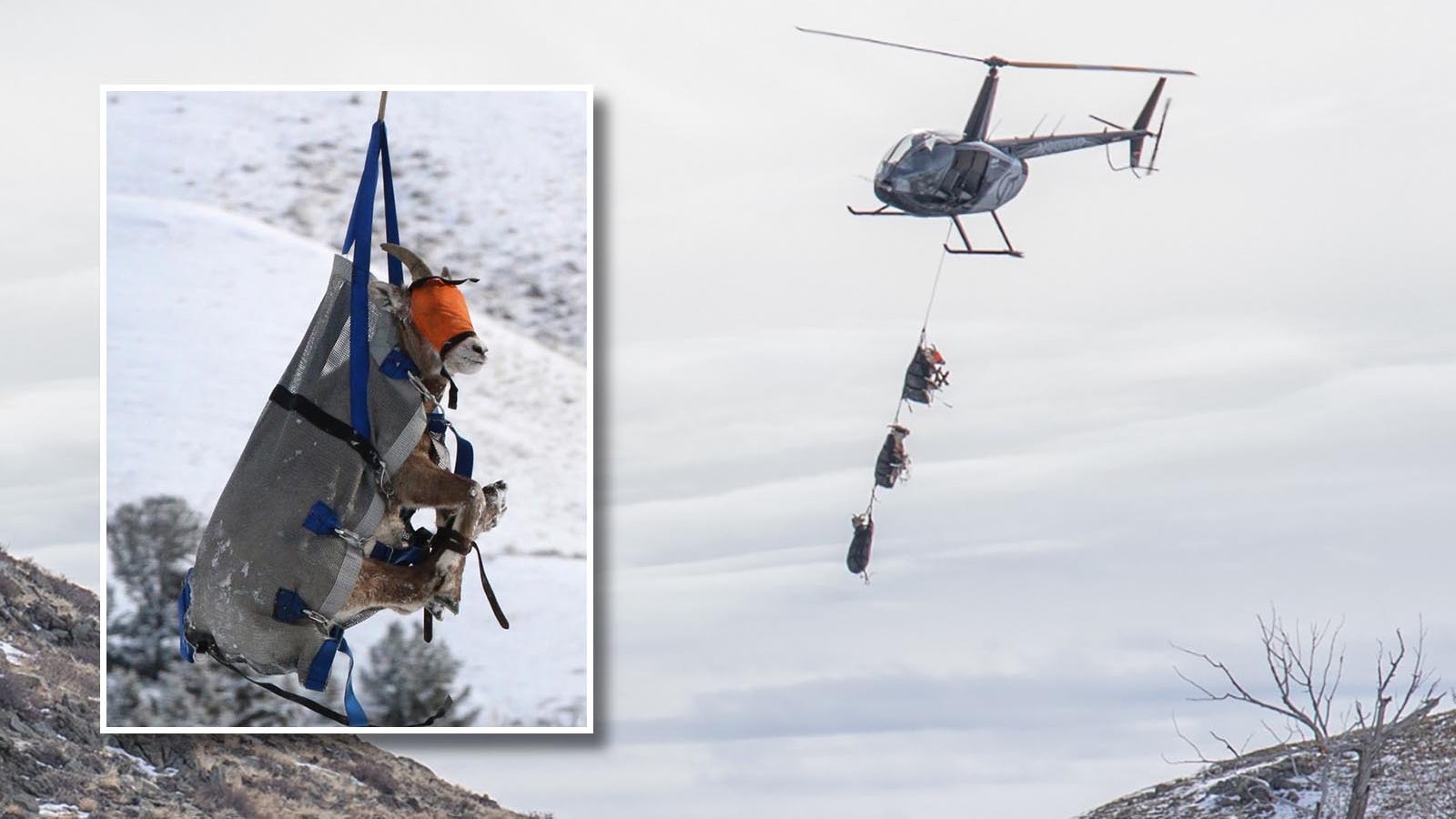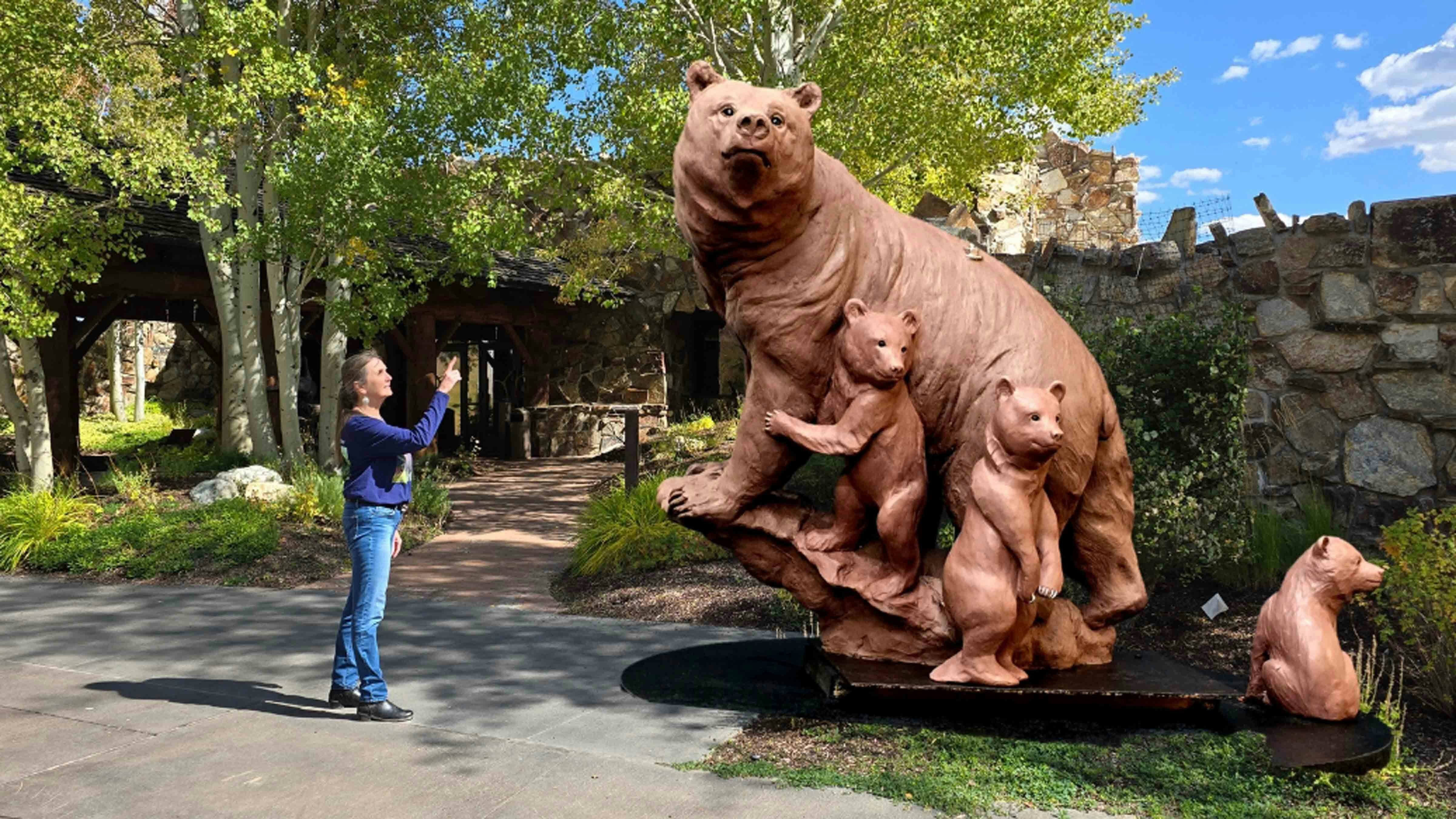A retired Canadian fish and wildlife agent has voiced concern that black bears are “hunting” humans more frequently in Alberta, but that’s not a big concern in Wyoming, some biologists said.
Veteran wildlife agent Murray Bates says he’s noticed a disturbing shift in the pattern of black bear behavior over the course of his 34-year career.
“Grizzlies were protecting their territory, young and food, but certainly, on occasion, killing a human,” he said. “The key word here is hunt. During my tenure I was starting to notice a shift in black bears attacking humans and grizzlies maintaining traditional patterns of attack or kill.
“The records and experts may state otherwise, but I found myself investigating more complaints of black bears tracking humans as prey, then killing and feeding on them,” Bates added.
Attempts to contact Bates were not answered.
No Predatory Attacks In Wyoming
There have been some conflicts between people and black bears in Wyoming, Dan Thompson told Cowboy State Daily. He’s the large carnivore specialist with the Wyoming Game and Fish Department.
Most of the trouble has come from “food-conditioned” black bears, he said.
None of those cases have involved black bears deliberately trying to stalk, kill and eat people, he said. But in some instances, bears have stolen food directly from humans.
“These are bears that have changed behaviorally to actively seek ‘human-foods’ and that behavior leads to more aggression/boldness and can escalate quickly,” he said. “We haven’t documented predatory attacks but some of the situations we’ve dealt with in regards to bears literally taking food/packs away from people, which is dangerous at best.”
People, Not Bears To Blame
When people don’t store food and dispose of garbage properly in bear country, it’s usually the bears that end up losing, Thompson added.
“We dealt with several highly food conditioned black bears this summer early as a direct result of them gaining food rewards the previous summer, coinciding with the influx of human-use on our national forests and public lands seeking solace from their pent up covid aggressions,” he said. “These bears and this type of behavior is not tolerated and usually ends in lethal removal.”
Black bears are highly intelligent and have been known to master such tasks as opening vehicle doors to get snacks, Thompson said.
“This is also why we spend so much time reiterating the importance of properly securing foods/attractants to deter that behavior from developing and escalating in the first place,” he said.
Grizzlies Or Black Bears More Dangerous?
Grizzly attacks are usually “aggressive-defensive” Thompson said. Meaning, the big bruins are trying to get people away from their cubs, or a big game carcass they’ve claimed as food.
Even so, the sheer size and power of grizzlies makes their attacks harrowing, he added.
“Most human injuries are of the defensive nature, but the bite force of an animal like a grizzly bear doesn’t necessarily differentiate between naughty and nice when it’s trying to neutralize a threat,” he said.
As for black bears, Thompson said he has heard of “predatory attacks” in other states and parts of Canada. However, both the bear and human populations are growing in many of those places, perhaps making conflicts more likely.
Black bears should not be taken lightly, biologist Frank van Manen told Cowboy State Daily. He’s the supervisory wildlife biologist with the U.S. Geological Survey’s Interagency Grizzly Bear Study Team. That team focuses on bears in the Greater Yellowstone region of Wyoming, Montana and Idaho.
Predatory behavior in black bears is rare, but perilous, he said.
Even so, he, like Thompson said that the sheer power of grizzlies makes them, overall, more daunting.
“I would still rather encounter a predatory black bear than being involved in a surprise encounter with a grizzly bear at a carcass; time is not on your side in the latter whereas with a proper response a predatory black bear can be deterred (first choice is bear spray, followed by standing your ground and fighting with rocks, sticks, and etc.),” he said.
Knowing When To Stand, Or Fight
Both biologists said the best safety measure in bear country is good knowledge. Thompson recommended the Game and Fish’s “bear wise” program.
The International Association for Bear Research and Management has good information, van Manen said. That group’s bear safety video notes some of the differences between grizzly and black bear attacks.
At roughly the 16:45 mark, it’s noted that black bears attacks are less frequent, but more likely to be predatory.
Starting at roughly 21:50 are recommendations for dealing with a predatory bear. It’s noted that a black bear intensely focusing on a person and following them can indicate the bear sees the human as potential prey.
As van Manen did, the video recommends standing one’s ground and trying to intimidate the bear into backing down. If attacked, fight back savagely, the video producers say, because “you’re fighting for your life.”





